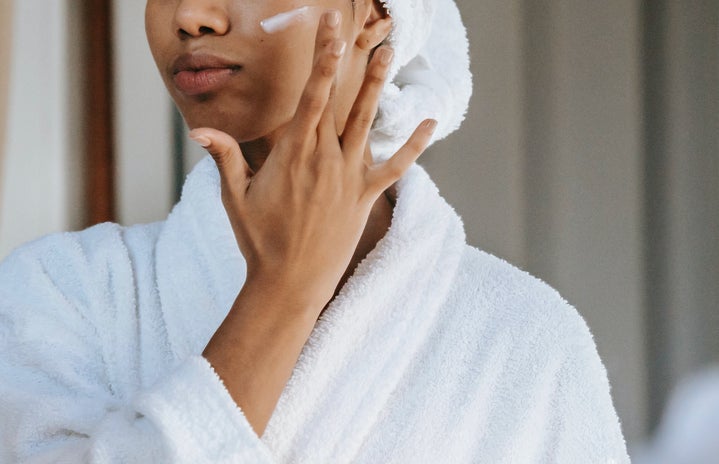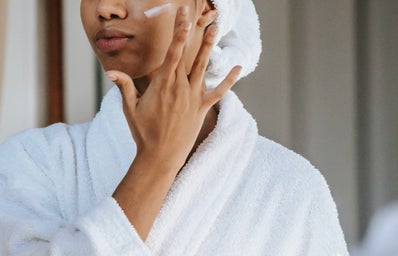Acne can be exhausting, especially when you’ve had it for a while. For some, it requires a bit of time, patience, and dermatological treatment to get rid of. For others, it can become a years-long problem, this is where Accutane comes in. Used as a last resort for severe acne that hasn’t responded to previous treatments, Accutane is the brand name of Isotretinoin, a medication that decreases the amount of oil in the face by shrinking the oil glands. It’s often hailed as a miracle cure by those who use it, but by no means is it perfect. The side effects can be inconvenient and physically tolling, with some lasting for months after finishing the treatment.
My personal experience with Accutane has provided me with a hands-on understanding of its side effects and what using it entails. Below, I’ve compiled a list of pros and cons to help those who are on the fence about it.
The Pros:
- It. Works. My acne was gone for good after I took it. Even four years after I stopped taking it, my skin is clear as day, and evidence suggests that it works even better for those with severe cystic acne. In the words of my own dermatologist, “the worse the acne, the better the results.”
- It works quickly. The range of time during which Accutane starts taking noticeable effect is usually one week to two months, which means that you’ll start seeing results in a short period of time. It kicked in within the first month for me, but it’s different for everyone.
- Your blackheads disappear. Blackheads are a result of oil and dirt building up on the pores. Accutane drastically reduces the amount of oil in your face, so your blackheads will be pushed out of your pores, and any that remain can easily be removed by hand.
- Less grease. If you struggle with greasy hair or skin, Accutane will completely eliminate the problem. What we call “greasiness” is really the body producing excessive oil, which, again, Accutane reduces. Many patients even report that they don’t need to wash their hair as frequently after starting Accutane.
- It (basically) lasts forever. In the majority of cases, Accutane gets rid of acne for good. After only a few months of use, you’ll most likely never have to worry about it coming back. For patients whose acne did come back, it wasn’t nearly as bad as before they took the medication and taking it a second time almost always eliminated their acne for good.
The Cons:
- You may have to start birth control. This is partially dependent on your age, your region, and who your dermatologist is. In the U.S., all female patients are required by the government to take a pledge (called iPledge) to abstain from sexual activity. Some also have to take birth control whether they want to or not due to Accutane’s ability to cause birth defects. If you don’t take birth control, you will still have to do routine blood work to ensure that you’re not pregnant. You will not have to take birth control if you’re unable to get pregnant or if you weren’t assigned female at birth.
- It causes extreme dryness. Because it shrinks your oil glands and reduces oil production, your skin will be extremely dry, your lips will become cracked, and you might notice peeling on some parts of your skin. Chapstick and moisturizer will be your best friends.
- Heat Intolerance. You’ll start sweating a lot less, so your body will have a hard time keeping itself cool. This means you will become tired much faster in hot temperatures, burn more easily, and become dehydrated. Make sure to drink lots of water and wear sunscreen when you go outside.
- Bleeding. Your nose and ears will bleed slightly from time to time. This occurs because Accutane has a drying effect on the skin, especially in your nose and ears. When the skin becomes dry, it cracks and allows blood to flow through. While it’s not an excessive amount of blood, it is something to look out for, and carrying a pack of tissues with you is a good idea.
- Joint pain. This is one of the most unpleasant side effects. You may start feeling pain in your joints, especially the arms and legs, which makes it harder to do certain tasks. Luckily, it doesn’t happen to everyone, and it’s usually not so painful that you can’t function.
More resources: A Guide to iPledge – Fenway Health, Isotretinoin – Mayo Clinic, Accutane misconceptions and realities as explained by Pediatric Dermatologist Dr. Swanson in Boise – Ada West Dermatology


